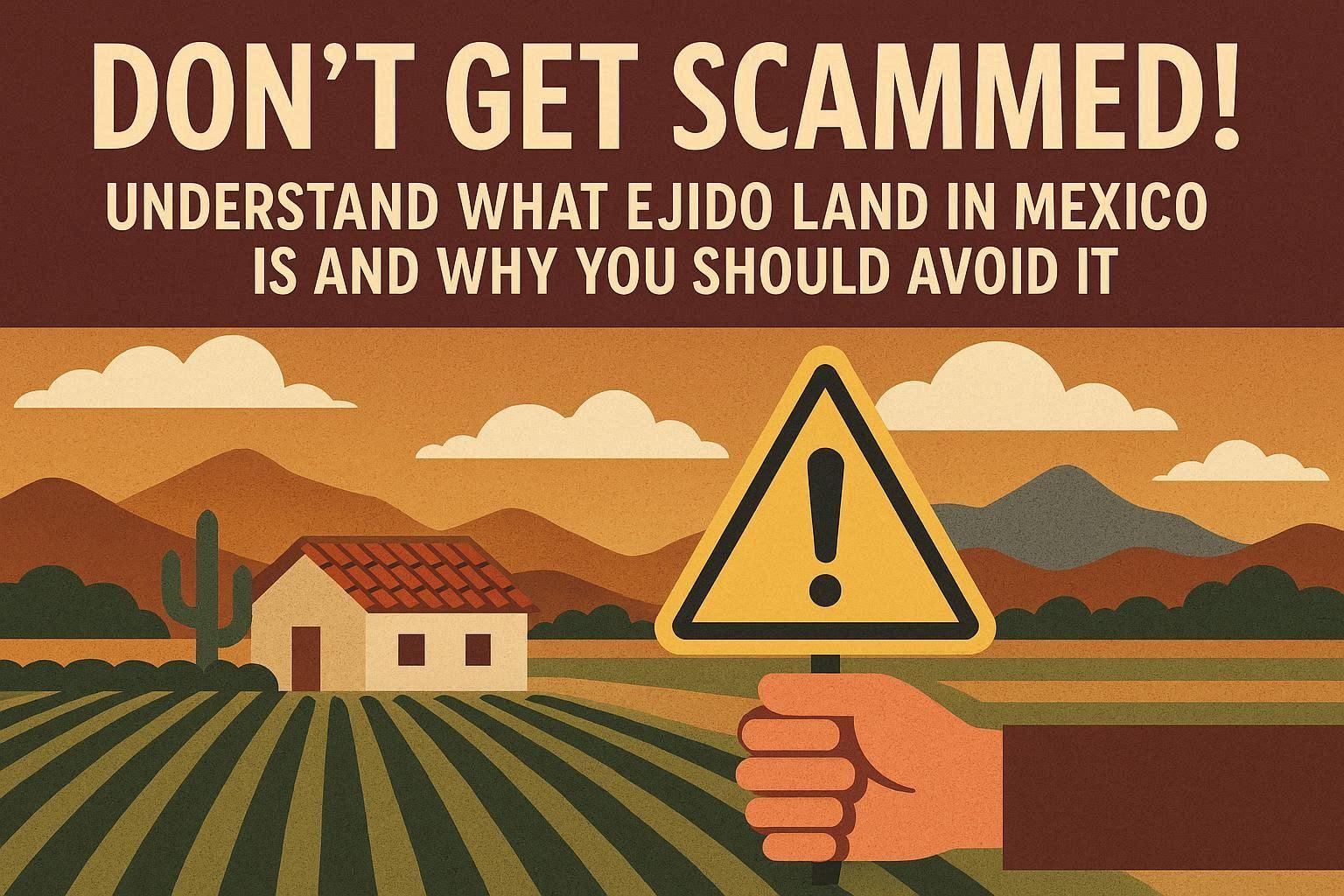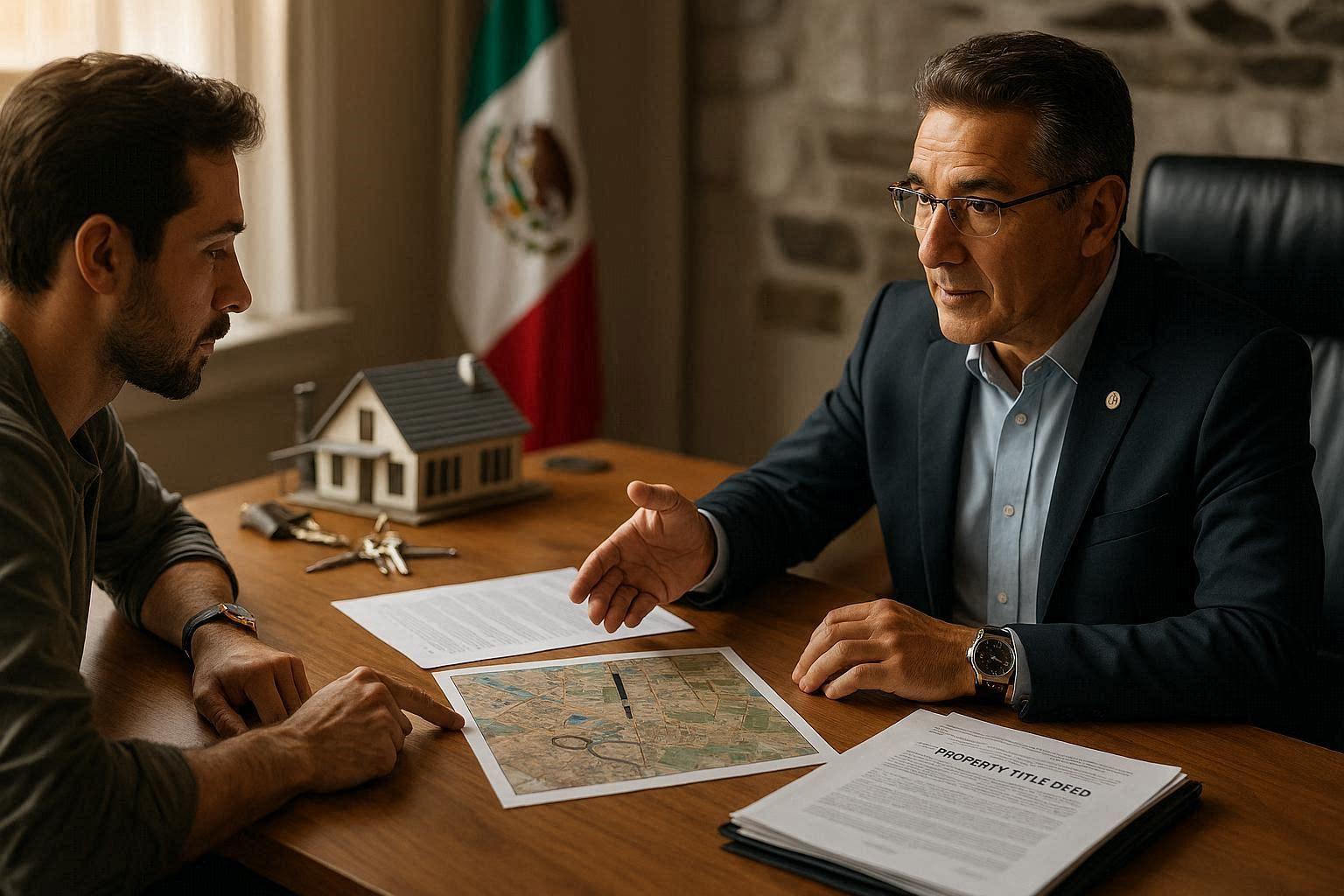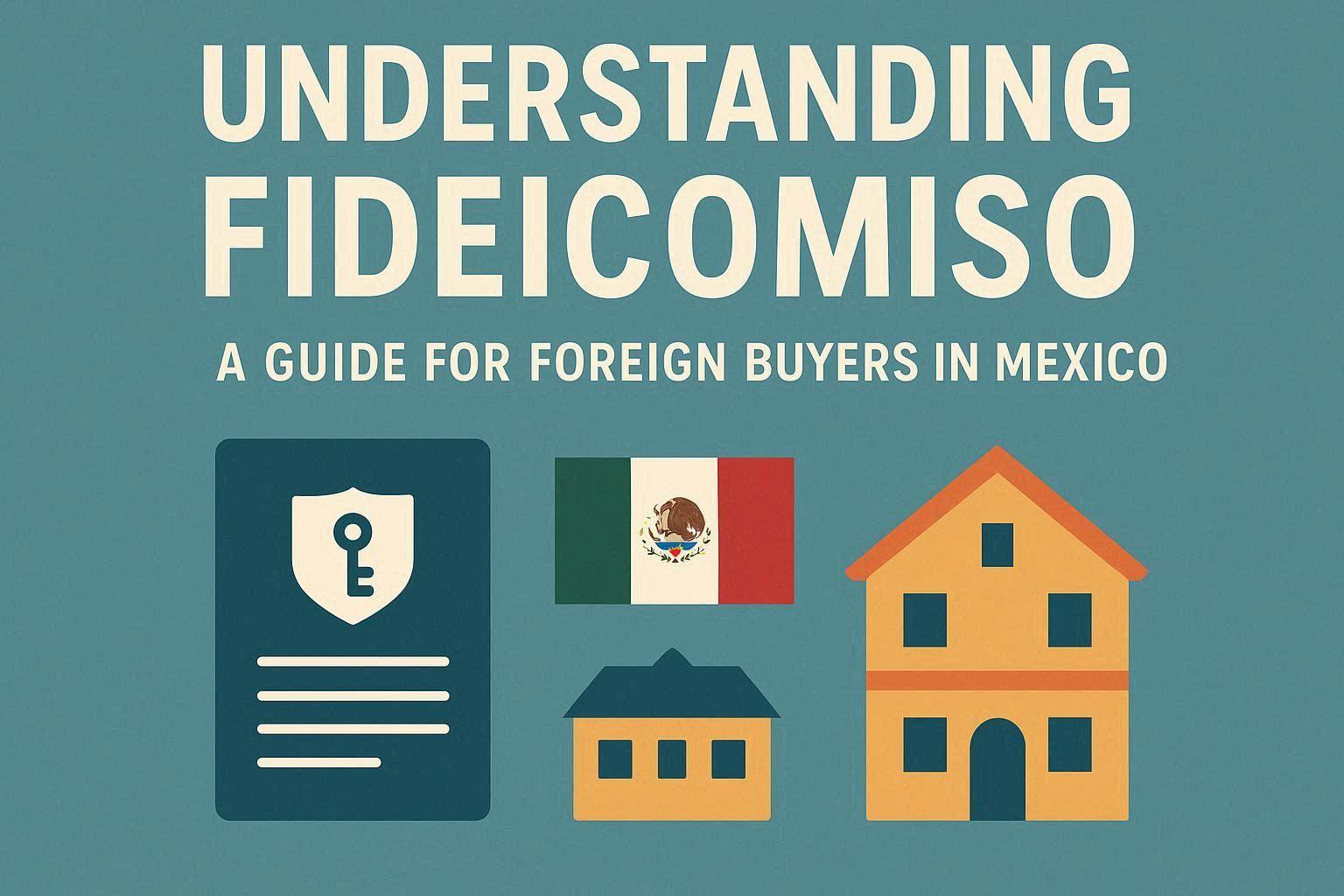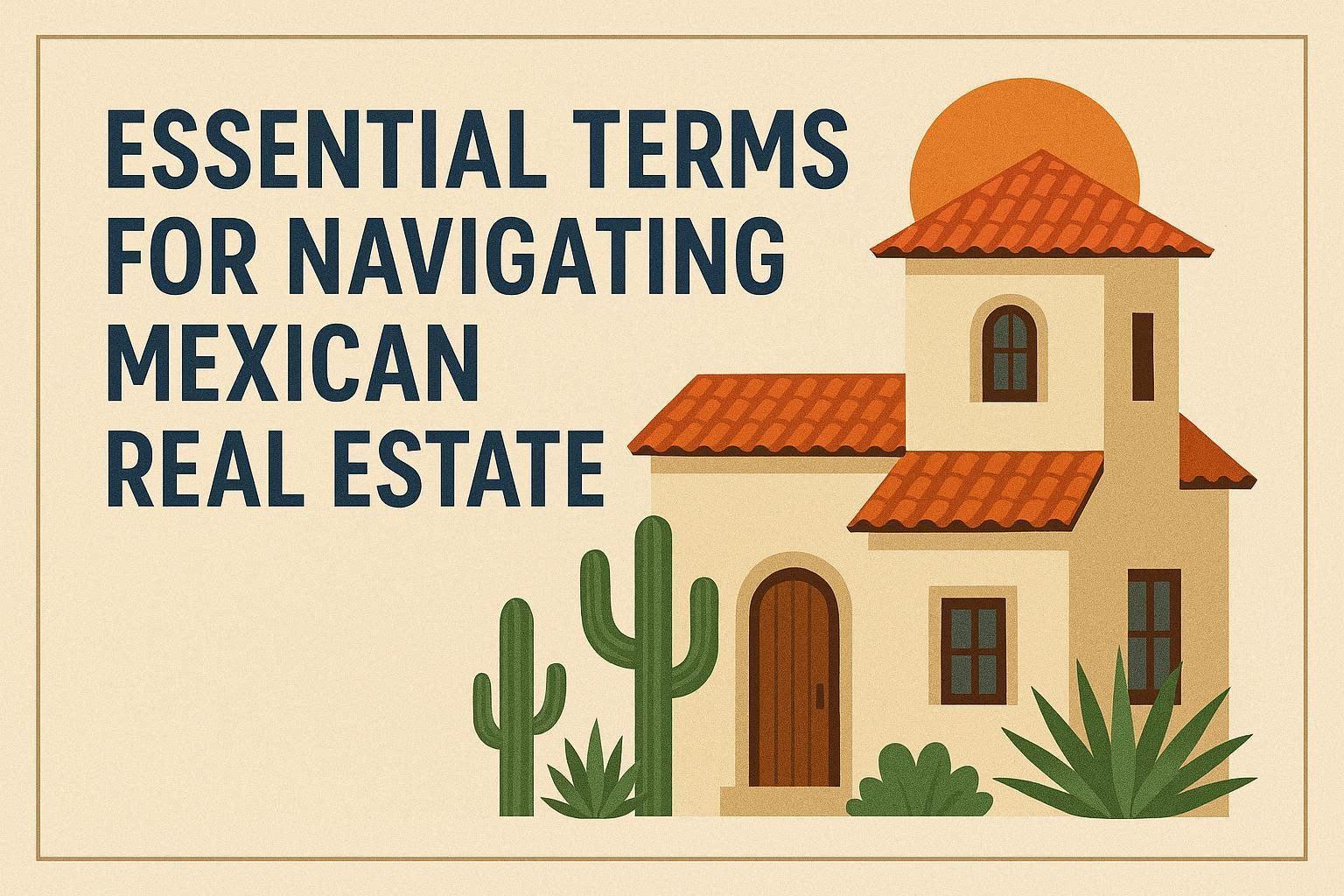Understanding the Mexican Real Estate Landscape
Let’s start with the basics. The Mexican real estate market is vibrant and full of opportunities, but it can be a bit overwhelming if you’re not familiar with the vocabulary. I’ve worked with numerous clients who've jumped in without knowing the terms—and it can get tricky!
So, what do you need to know? Well, first, it's crucial to understand how the market operates here. Mexico's real estate isn't just about buying or selling; it’s about understanding cultural nuances, local laws, and specific terminology.
For example, have you heard the term ‘escritura’? That’s the deed that proves ownership of a property. It’s not just a piece of paper; it’s your golden ticket to owning a home in Mexico.
- Escritura: This is the official document that proves property ownership.
- Notario: A notary public in Mexico who oversees real estate transactions, ensuring everything is legal.
- Inmobiliaria: A real estate agency or firm that helps with buying, selling, or renting properties.
Key Terms Every Buyer Should Know
When you’re diving into the world of real estate, you’ll encounter a lot of jargon. It can feel like a foreign language! But don't worry—I’m here to break it down.
First up, ‘anticipo.’ This means a deposit—usually around 5-10% of the purchase price. You’ll want to be prepared for this when you’re ready to make an offer. I always tell my clients, don’t let that catch you off guard!
Then there’s ‘promesa de compraventa,’ which is a purchase agreement. This document outlines the terms of the sale before the official closing. Sounds simple, right? But make sure you read it carefully. You don’t want any surprises!
- Anticipo: A deposit you’ll need to make when you decide to buy a property.
- Promesa de compraventa: The preliminary agreement between buyer and seller before the final sale.
- Cierre: The closing process where the property officially changes hands.
Common Legal Terms in Mexican Real Estate
Legal terms can feel daunting, but they’re absolutely essential. One term you’ll hear often is ‘contrato de arrendamiento,’ which is a rental agreement. If you’re planning to rent, knowing what’s in this contract is vital.
Another important term is ‘fideicomiso,’ which refers to a trust. Foreigners can’t directly own land in certain areas, so understanding this concept is crucial. I’ve seen many clients successfully navigate this with the right knowledge.
And don’t forget about ‘impuesto predial,’ or property tax. It’s an annual tax you’ll need to pay based on your property’s value. Trust me, you don’t want to overlook this!
- Contrato de arrendamiento: The legal agreement between landlord and tenant.
- Fideicomiso: A trust arrangement allowing foreigners to hold property in restricted zones.
- Impuesto predial: The annual property tax based on your property’s assessed value.
Financing Your Property Purchase: Key Terms
Financing can be one of the most confusing aspects of buying property. You might come across ‘credito hipotecario,’ which is a mortgage loan. If you’re thinking of financing your purchase, it’s crucial to understand how these work in Mexico.
Also, keep an eye out for ‘tasa de interés,’ which is the interest rate. This can vary significantly depending on your lender, so shop around! I always advise clients to get pre-approved before they start house hunting.
Then there’s ‘enganche,’ which refers to the down payment, typically about 20% of the property price. It’s a good idea to have this ready so you can move quickly when you find the right place.
- Credito hipotecario: A mortgage loan used to finance your property purchase.
- Tasa de interés: The interest rate on your mortgage, which can fluctuate.
- Enganche: The down payment required when purchasing a property.
The Buying Process: Step-by-Step Vocabulary
Alright, let’s walk through the buying process together. It starts with ‘investigación de mercado,’ or market research. You’ll want to know what properties in your desired area are going for. This is where I come in—I help you gauge the market.
Next, you’ll make an offer, commonly called ‘oferta de compra.’ Once accepted, you move to the due diligence phase—this is where you inspect the property and review all documentation.
Finally, you’ll hit the ‘escritura’ phase, where the property is officially transferred to you. That’s the moment of truth! I can’t tell you how satisfying it is to hand over the keys to a new homeowner.
- Investigación de mercado: Researching market trends and property values.
- Oferta de compra: The offer made to purchase a property.
- Due diligence: The phase where you inspect the property and review documentation.
Common Pitfalls: What to Avoid
Now, let’s talk about what can go wrong. One common pitfall is not understanding the ‘comisión’—the commission fee for real estate agents. This can often be around 5-6%, but it varies. Make sure you clarify this upfront.
Another mistake I see is skipping the ‘título de propiedad’ check. This title should confirm that the seller has the right to sell the property. I can't stress this enough—always verify before you buy!
Lastly, be cautious of ‘gastos notariales,’ the notary fees. These can add up, and I’ve had clients who didn’t anticipate how much they’d need to budget for these costs.
- Comisión: The fee paid to real estate agents, usually 5-6% of the sale price.
- Título de propiedad: The document proving ownership; always verify its accuracy.
- Gastos notariales: The notary fees associated with closing the sale.
Closing the Deal: Final Terms to Know
When you’re ready to close the deal, you’ll need to know a few final terms. ‘Cierre de la venta’ refers to the closing of the sale. This is where you’ll finalize all paperwork and transfer ownership.
You should also be aware of ‘impuestos de transferencia,’ which are transfer taxes. These can be around 2-4% of the property value, depending on the region. Make sure to budget for this!
Finally, there’s ‘firmar el contrato,’ meaning to sign the contract. This is the moment where it all becomes official. You've made it, and soon enough, you’ll be settling into your new home!
- Cierre de la venta: The closing of the sale process.
- Impuestos de transferencia: The taxes applied when property ownership is transferred.
- Firmar el contrato: The act of signing the final contract.
Navigating Regional Variations in Terms
Mexico is diverse, and so is its real estate vocabulary. Depending on where you’re looking to buy, the terms can vary. For example, in coastal areas like Cancun, you might hear more about ‘fraccionamiento,’ which refers to a subdivision or development.
In Mexico City, you may encounter terms like ‘departamento,’ referring to an apartment. Different regions have their own unique terminology that’s essential to understand.
I always advise clients to familiarize themselves with local terms. It can save you a lot of confusion down the line—and believe me, you don’t want to navigate real estate without this knowledge.
- Fraccionamiento: A subdivision or development, primarily used in coastal regions.
- Departamento: The term for an apartment, common in urban areas.
- Regional terminology can drastically change your understanding of the market.
Next Steps: Your Real Estate Journey Begins
Now that you’ve got a handle on the essential terms, what’s next? I always recommend taking a step back and evaluating your goals. Are you looking to buy a vacation home, a rental property, or maybe your forever home?
Once you’ve set your goals, it’s time to connect with a reputable real estate agent. They can guide you through the process, help you avoid pitfalls, and make the journey much smoother.
Lastly, continue educating yourself! The more you know about the Mexican real estate market, the better decisions you’ll make. I’ve seen firsthand how knowledge empowers buyers.
- Determine your real estate goals—know what you want before diving in.
- Find a reputable agent who understands the local market.
- Keep educating yourself on terms and processes—knowledge is power!
Frequently asked questions
Related Articles
Continue reading with these related guides

Don't get scammed! Understand what Ejido Land in Mexico is and why you should avoid it.
Dive into the world of Ejido land ownership in Mexico to understand its significance and complexities.
Read more
Why You Should Hire a Lawyer for Property Transactions in Mexico
Navigating property transactions in Mexico without a lawyer can be risky.
Read more
Understanding Fideicomiso: A Guide for Foreign Buyers in Mexico
Unravel the complexities of fideicomisos for smoother property ownership in Mexico.
Read more